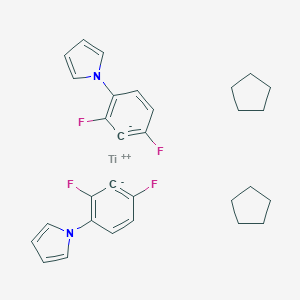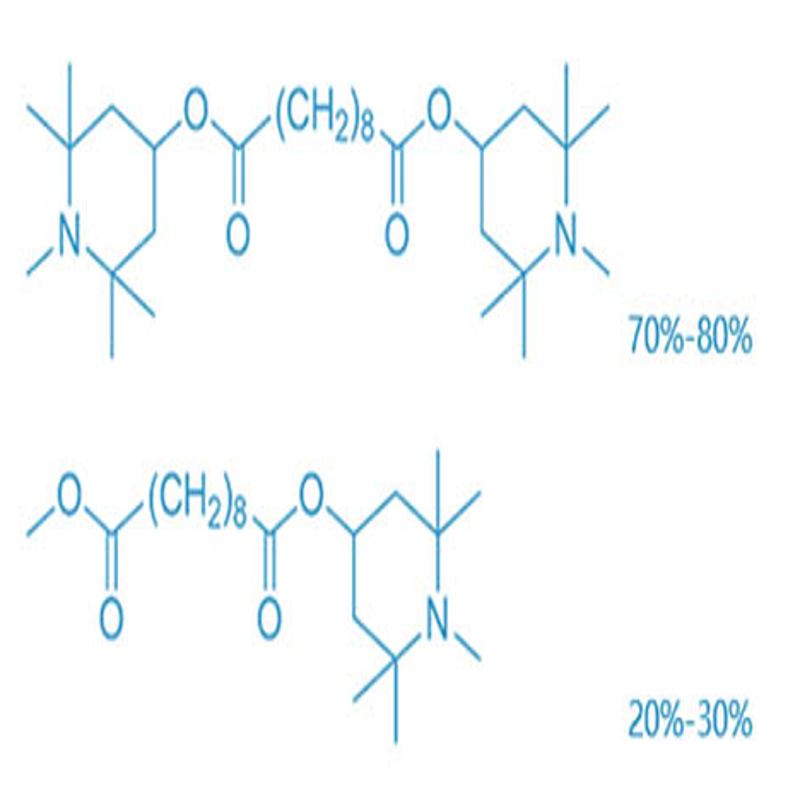-
Categories
-
Pharmaceutical Intermediates
-
Active Pharmaceutical Ingredients
-
Food Additives
- Industrial Coatings
- Agrochemicals
- Dyes and Pigments
- Surfactant
- Flavors and Fragrances
- Chemical Reagents
- Catalyst and Auxiliary
- Natural Products
- Inorganic Chemistry
-
Organic Chemistry
-
Biochemical Engineering
- Analytical Chemistry
-
Cosmetic Ingredient
- Water Treatment Chemical
-
Pharmaceutical Intermediates
Promotion
ECHEMI Mall
Wholesale
Weekly Price
Exhibition
News
-
Trade Service
The list of the top 100 global chemical companies has been released
A few days ago, Axis announced the annual list of Axis Global Top 100 Chemical Companies, which is based on the chemical sales revenue
of the shortlisted chemical companies in 2020.
The top five are BASF, Sinopec, Dow, INEOS and LyondellBasel
.
Joseph Chang, Global Editor of Chemicals Business at Axis Chemicals, said: "2020 experienced unprecedented disruption caused by the pandemic, resulting in a significant decline in sales revenue for chemical companies, especially bulk chemical producers
.
However, the chemical industry rose to the challenge to meet the needs of
personal protective equipment, hygiene products, food and other packaging.
"The list data shows that the average sales revenue of the world's 100 shortlisted enterprises in 2020 fell by 34%.
Alex editor Davis said that the operating profit of chemical companies that were shortlisted for the list and released profit data in 2020 fell by an average of nearly 25%
year-on-year.
The list of the Global Chemical $1 Billion Club was announced
The latest ranking of the 2021 Global Chemical $1 billion Club based on the 2020 chemical business sales of the 100 shortlisted companies has been officially announced
.
Despite the challenges of 2020, the top five chemical companies in the ranking are BASF, Sinopec, Dow, Formosa Plastics and ExxonMobil
。 Among them, BASF still ranked first with sales revenue of 73.
023 billion US dollars, which is also the 10th time in the past 13 years that it has reached the top of the ranking; Sinopec still ranked second with chemical sales revenue of 57.
042 billion US dollars, and its sales revenue fell sharply by 25% year-on-year.
Dow still ranked third with sales revenue of $38.
542 billion, and its sales revenue fell 10% year-on-year; Formosa Plastics Group rose to fourth place with $34.
715 billion in chemical sales revenue, up one spot from 2019; ExxonMobil dropped to fifth with $33.
071 billion in chemical sales, down one spot from 2019
.
The EU plans to cut import quotas for Group II base oils
Recently, an EU spokesperson said that the European Commission plans to reduce API II base oil import quotas
for countries that do not have a free trade agreement with the EU in the first half of 2022.
This adjustment policy has the greatest
impact on suppliers from the United States.
The EU had previously imposed an import duty of 3.
7% on the first 200,000 tonnes of Class II base oil imports every six months, but the quota was reduced to 150,000 tonnes
in the first half of this year.
Trade groups such as the European Lubricants Industry Alliance and the companies it represents are lobbying the EU to raise quotas and extend the transition period, citing a rebound
in European demand for Group II base oils as the coronavirus pandemic weakens and economic activity increases.
The EU's current import quota for Group II base oil in the second half of this year is 150,000 tonnes
.
European energy prices will remain high
Market participants predict that European energy prices may climb to new highs and still maintain upward space
.
Not only in Europe, global natural gas prices have soared, and the US natural gas benchmark price has doubled
from last year.
As of September 6, Henry Center natural gas prices still climbed to $4.
690/MMBtu.
At the same time, U.
S.
natural gas exports soared to record highs
.
For Europe, which has just emerged from pandemic restrictions, demand for gas and electricity has gradually increased as the return to work has triggered higher prices and thus inflation, and Germany is experiencing the biggest inflation
since 2008 due to rising energy prices.
Typically, demand for natural gas remains low
during this season of the year.
Such high energy prices at a time of low demand worry Europe
.







